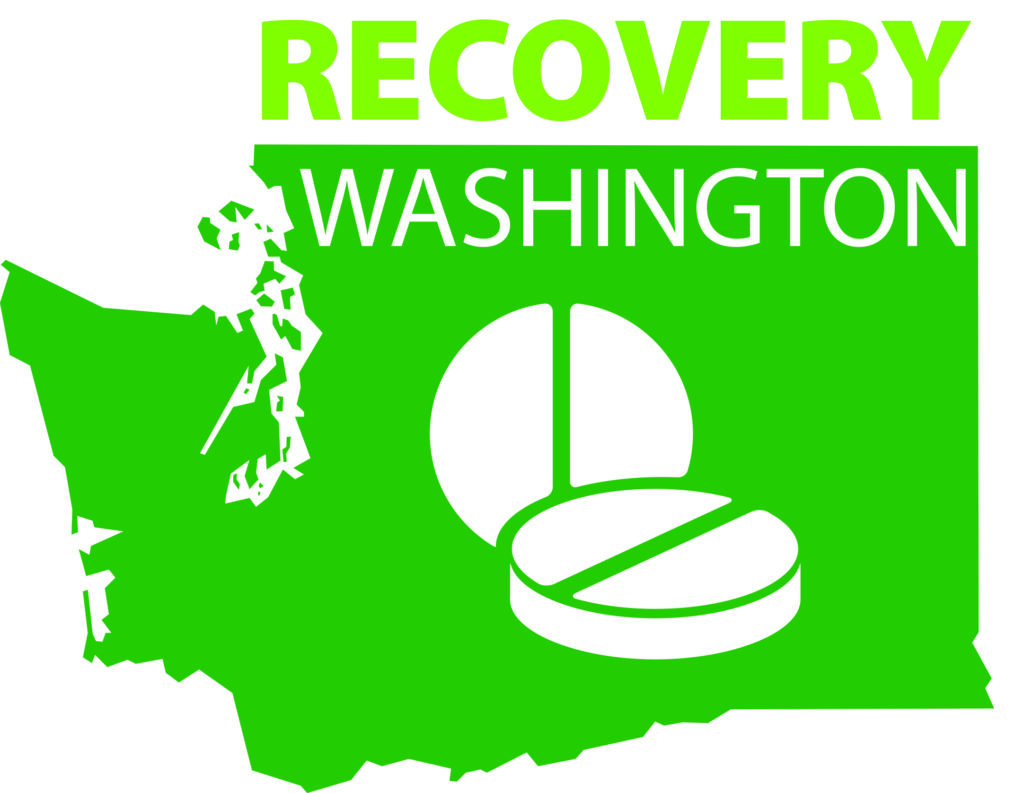 OLYMPIA – A bill launching a public education campaign to prevent drug overdoses cleared the Senate Ways and Means Committee Monday before a key deadline Monday for passage of bills in the 2024 legislative session.
OLYMPIA – A bill launching a public education campaign to prevent drug overdoses cleared the Senate Ways and Means Committee Monday before a key deadline Monday for passage of bills in the 2024 legislative session.
Other elements of the ‘Recovery Washington’ package announced by Senate Republicans did not advance, but lawmakers said growing alarm in Oregon could help light a fire under the Washington Legislature before it adjourns March 7. Monday was the deadline for policy bills to pass fiscal committees in the Washington House and Senate.
Oregon officials last week declared a formal state of emergency in Portland and surrounding Multnomah County, to better coordinate opioid treatment and recovery programs. A news report Monday indicated that the price of fentanyl-laden pills on the streets of Portland has dropped as low as 25 cents apiece.
Meanwhile, Washington also is seeing record deaths from drug overdoses – 2,700 in 2022, the most recent annual numbers available. According to the latest federal figures, Washington had the fastest growing death toll in the nation, a 40 percent increase in the 12 months preceding August.
“A crisis like this one doesn’t stop at the state border,” said Sen. Chris Gildon, R-Puyallup. “When fentanyl pills are selling four-for-a-dollar in Portland, we are in deep trouble in Washington state.
“I think the news from Oregon ought to be a wake-up call for the Washington Legislature. Things are getting worse, and it’s happening fast. Republicans and Democrats came to Olympia this year with good ideas, and even if our bills did not survive, we still have a chance to revive proposals in our budget before this session ends. If we make the fight against fentanyl a top priority, we can still make a difference.”
Senate Bill 5906, sponsored by Sen. Lynda Wilson, R-Vancouver, creates a statewide drug overdose prevention and education campaign.
“By now most of us have read or seen a news report about a parent grieving the loss of a child who died from taking a pill, not knowing it contained fentanyl,” Wilson said. “Although many lives have been saved with anti-overdose drugs like naloxone, it would be far better for our young people to be aware that one pill is enough to kill them. Saying no to a pill of unknown origin in the first place means their futures may not have to depend on being revived.”
Another Recovery Washington proposal passed committee last week. SB 6099, sponsored by Senate Republican Leader John Braun, earmarks a 20 percent share of state opioid settlement funds for tribal governments, which have been hit especially hard by the opioid crisis.
Other proposals remain candidates for revival before the session ends. Gildon’s SB 6134 would have restored full funding for multi-agency law-enforcement drug task forces that intercept drug shipments and bust drug dealers at the local level. Gov. Jay Inslee’s proposal cuts task force funding from about $4.2 million in the current fiscal year to $2.7 million. The measure also would have refocused state planning efforts to combat the crisis.
Another Gildon measure, SB 6297, would have given courts tighter control over pre-trial diversion programs, ensuring addicts enter and complete drug treatment programs.
“The fentanyl epidemic is spreading,” said Braun, R-Centralia. “Oregon has declared a fentanyl emergency, but it’s not alone in this crisis. If pills can be bought on the streets of Portland for 25 cents each, I am sure the same thing can be said about Seattle and other big cities in Washington.
“We have to take immediate action to address this. We have to fix the more permissive drug policies passed in the last few years. We have to make it harder for the dealers to sell and easier for addicts to get clean and stay clean. We don’t have the necessary infrastructure or support system to handle this, but both Democrats and Republicans have good ideas. Put people before politics. We need to cooperate to keep our loved ones from overdosing, but the governor’s proposal would not go far enough.”








